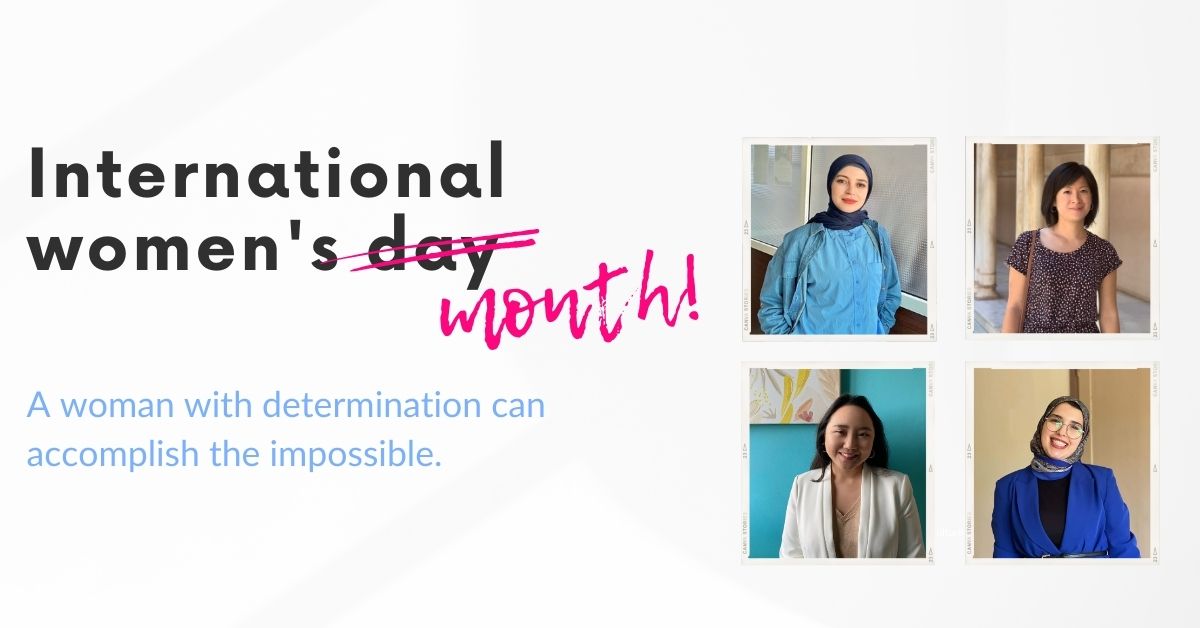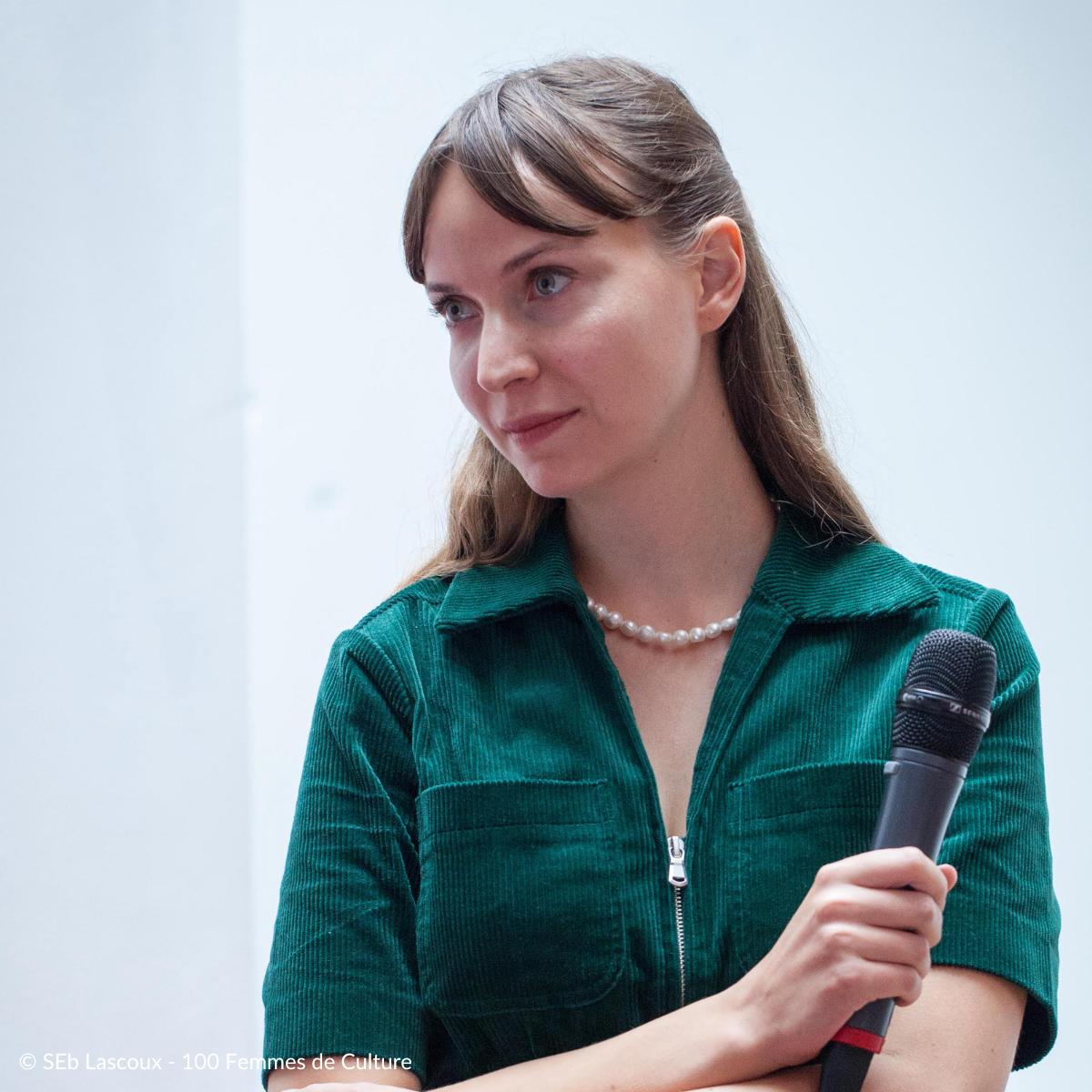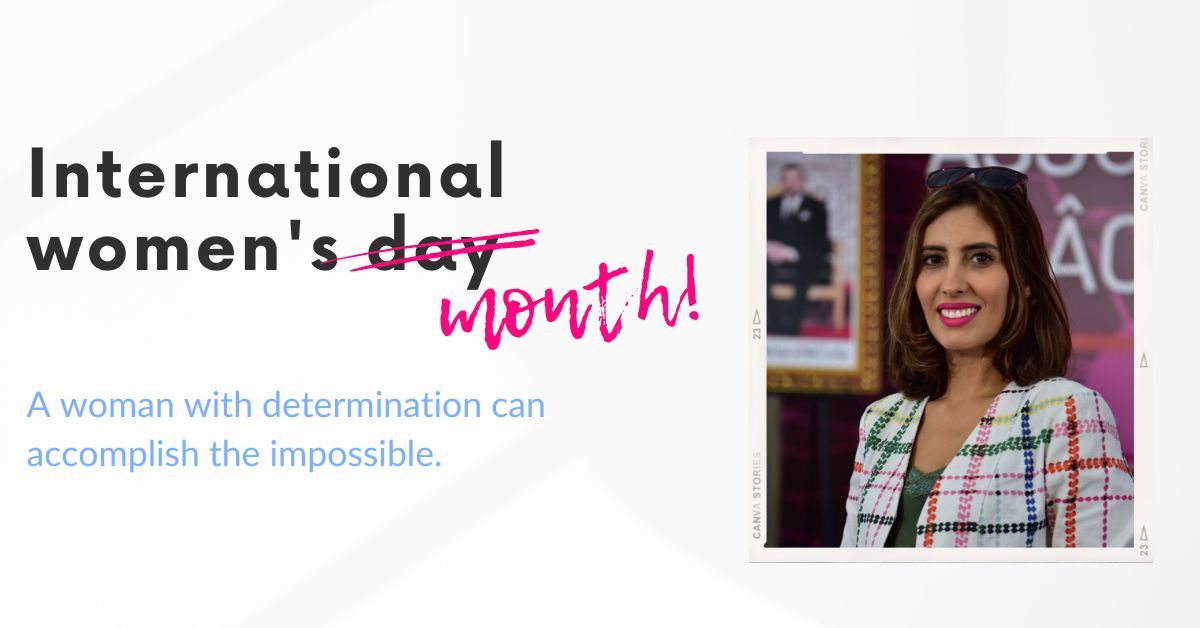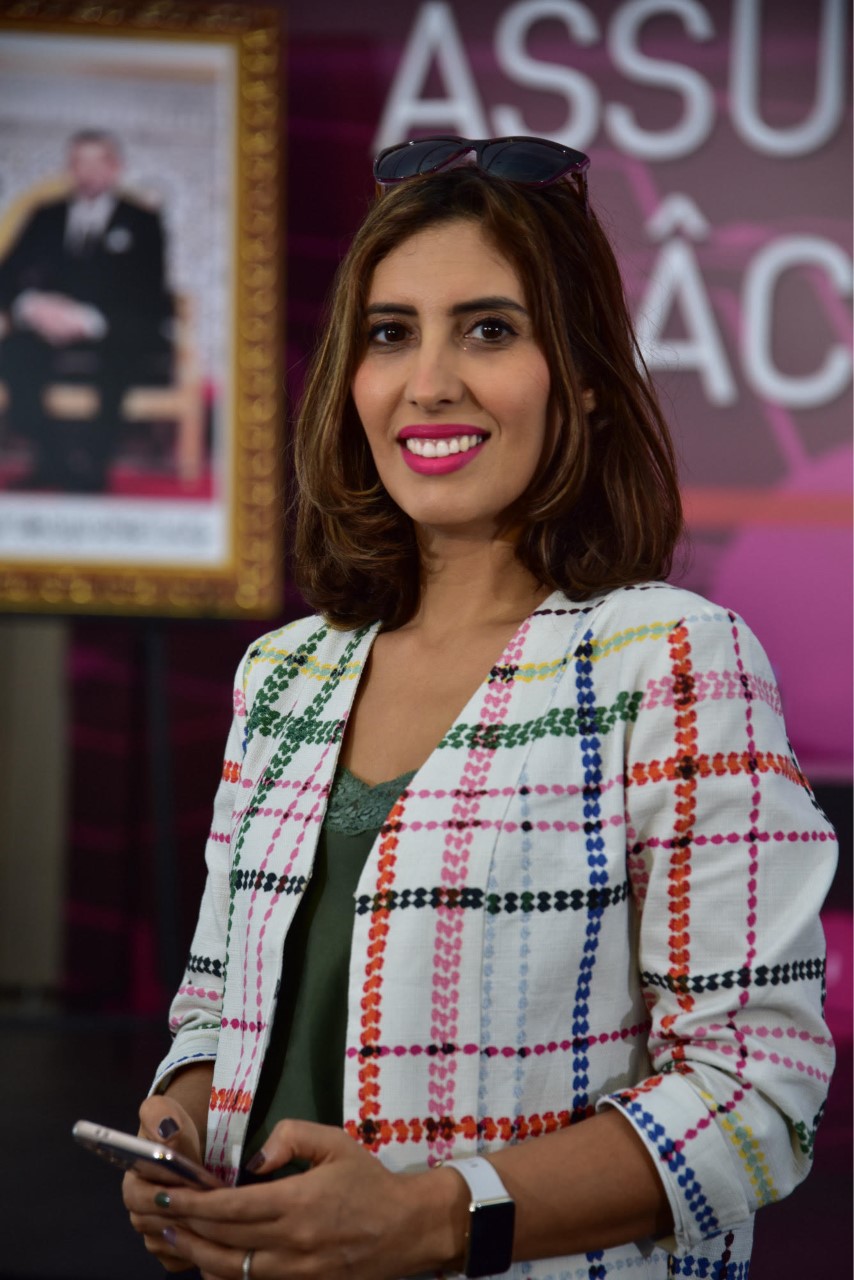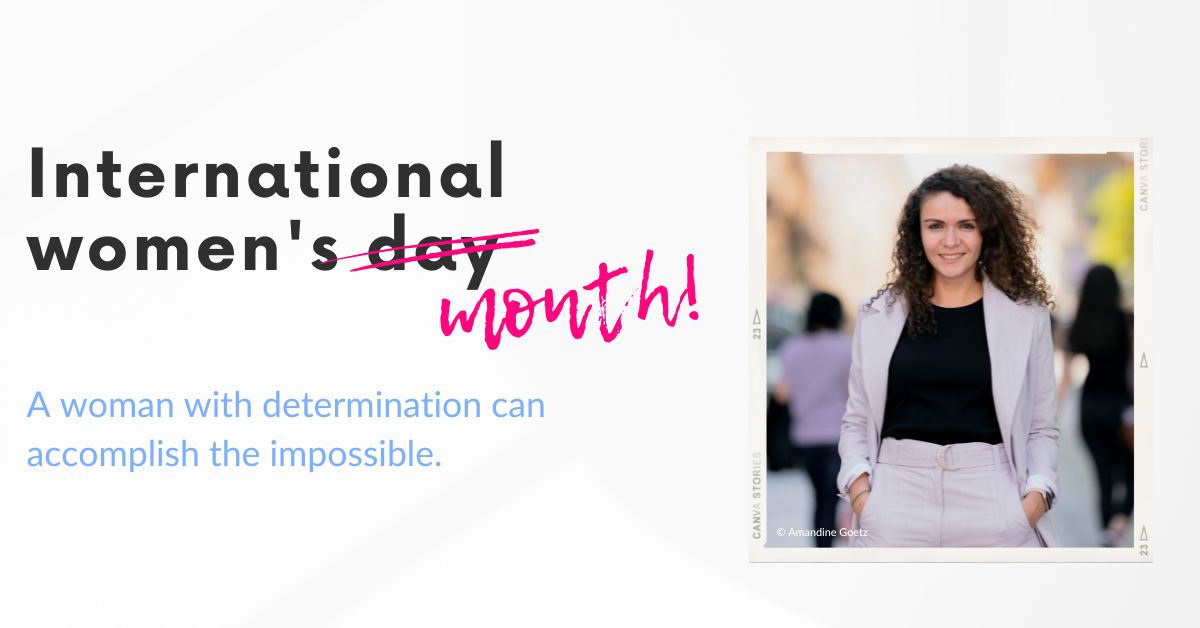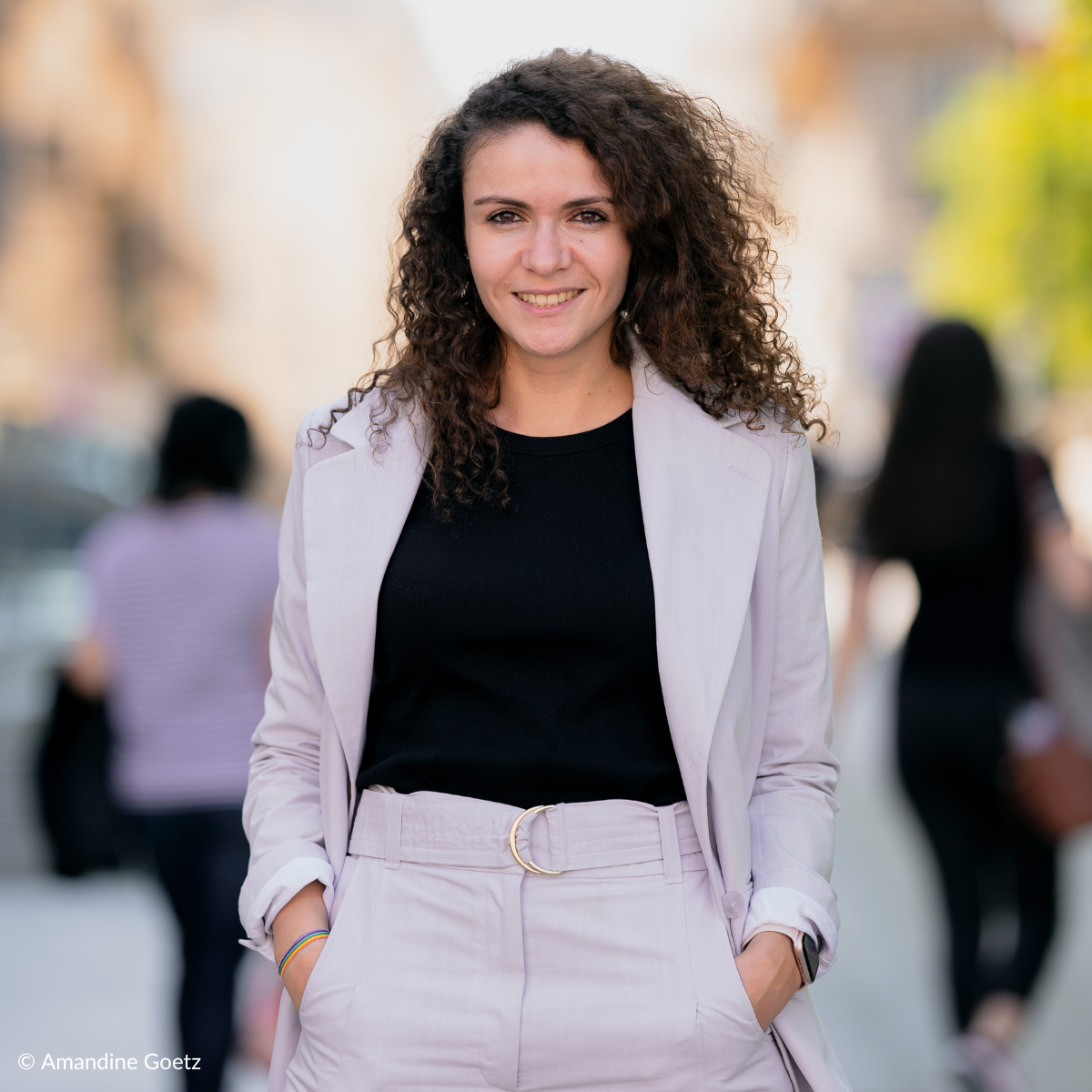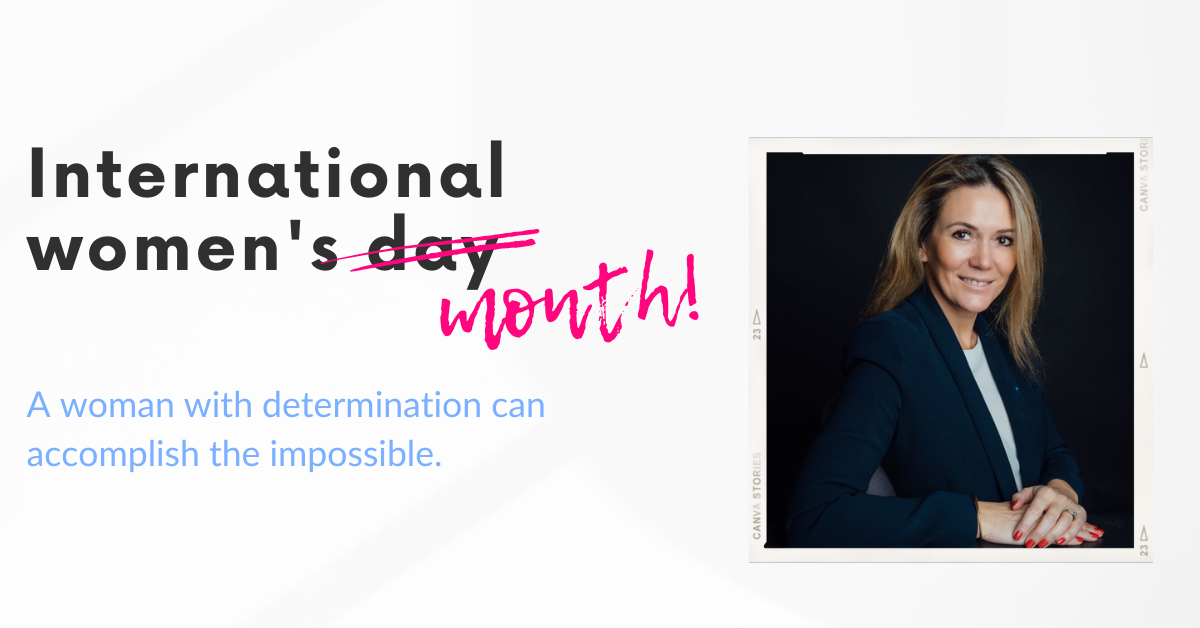At Novelis, International Women’s Rights Day is an opportunity for us to showcase our exemplary record of supporting women’s success in the workplace. We currently have a near 50% gender parity, which is not always common in the tech industry where women often struggle to make their mark.
We want to share interviews with women who inspire us on a daily basis talking about their experiences and giving their recommendations for young girls who are the women of tomorrow in tech.
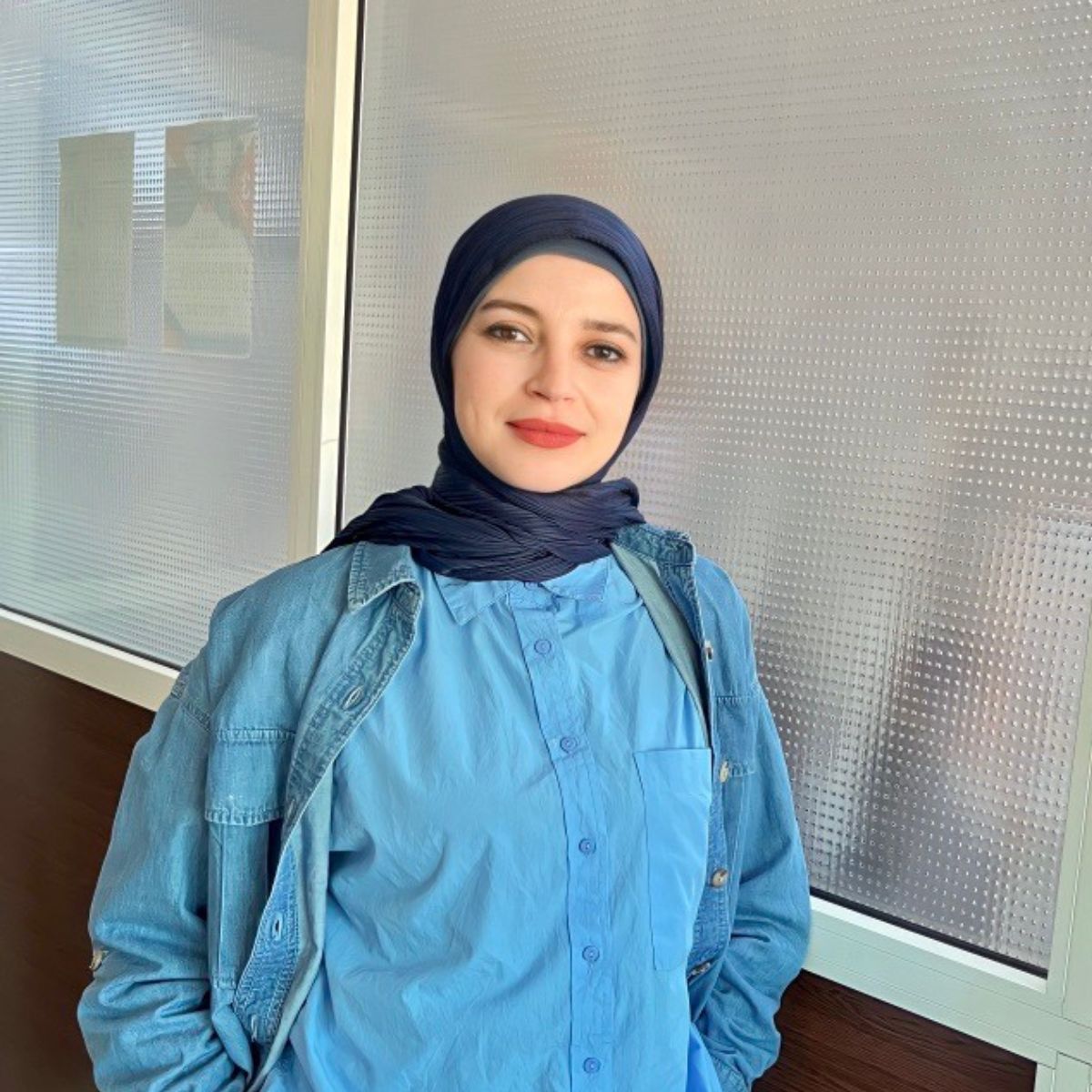
Lamiae Oumnih | Delivery Manager at Novelis
Question 1: What did you want to do when you were a child and what do you do now?
When I was a child, like many at that age, I wanted to be a teacher. As I grew older, my career ambitions evolved and changed over time. I would say that my goals evolved with life experiences, the people I met along the way, and everything that contributed to shaping my personality. At one point, I wanted to be a journalist, then a lawyer, and finally I projected myself into finance, but ultimately, I ended up in IT. I had a lot of hesitation during that time, and I remember that my choice was made after seeking advice from the director of the institution I was studying at. By the way, it’s important to be open to other opinions to challenge ourselves.
I am naturally persevering and bold in my decisions. I don’t like doubt and I do everything to reduce periods of doubt to a minimum, and I’ve been that way since a young age. When I left the director’s office, my decision was made IT. What’s exciting about life is that at any age, at any time, we have the right and the freedom to have dreams and ambitions. Today I have another dream, very different and very far from the industry I work in, but one that suits me better and could be pursued alongside my current job.
Will I have the audacity and courage to try? I don’t close any doors and I believe that at any age, we can reserve and give ourselves the chance to try and believe in ourselves. This optimistic hope nourishes and fuels our ambitions and projects to come and establishes our belief in a better future. Of course, while remaining realistic, because being in a household with 5 children (the 4 little ones and their father) is a factor to consider, but it should not be considered a hindrance, just a parameter to consider in the construction of our projects.
Question 2: What difficulties did you encounter to get where you are today?
With hindsight, I have a different perspective on the difficulties I have encountered throughout my career or in my life in general. I am convinced today that without these difficulties, I would not have become the person I am, and these sporadic and episodic moments contribute to our development, provided we approach them with optimism.
I prefer not to dwell on the difficult moments or obstacles that may have hindered my career because ultimately, we only keep the positive. However, what I can say is that no matter what difficulties we may encounter in life, it is only temporary, and it is essential to get back up quickly and approach the future positively and serenely, being convinced that optimism contributes to happiness (among other things). There is a quote from Nelson Mandela that I love and that has helped me in many situations: “I never lose; either I win, or I learn!”
This quote can be applied in many situations, including what we can qualify as “failure.” We have the right to make mistakes; we must try while being measured, but if the project fails, we continue, we analyse the situation, try to understand what contributed to the failure, and then try again if we judge it possible while learning from this failure #ContinuousImprovement.
Question 3 : What advice would you give to your younger self to achieve your dreams?
The list could be long if I venture into it! But I’ll stay pragmatic. My vision and definition of career goals have changed and evolved over the years. According to me, the goal should be to do what you love, because it is only by doing so that you can flourish at work, and it is the fulfilment at work that leads to excellence, the one that resembles us, reflects us, reveals us…
Learn to know yourself, dare to naturally follow what your “inner self” dictates and be yourself, if there are no stakes, if it is easily achievable. You will always have the possibility to take the traditional path later, the reverse would be more difficult to achieve. Give yourself the chance to choose a path that resembles you, that is aligned with your values, give yourself the opportunity to be yourself at work and outside of it, it’s a luxury that only those who don’t have it realize!
Question 4 : Another piece of advice for young girls who hesitate to pursue a career in science?
The IT world is naturally very attractive, rich in the variety of jobs that shape it, and varied in the technologies that define it. It is a sector that offers a variety of jobs that are all equally interesting. If this sector attracts us closely or remotely, let your curiosity run free, and believe me, you will be served.
But above all, dare to be yourself and choose your path by listening to yourself, trying to capitalize on your natural assets (personality, aspirations…) to orient yourself towards a profession that resembles you, that reflects you.
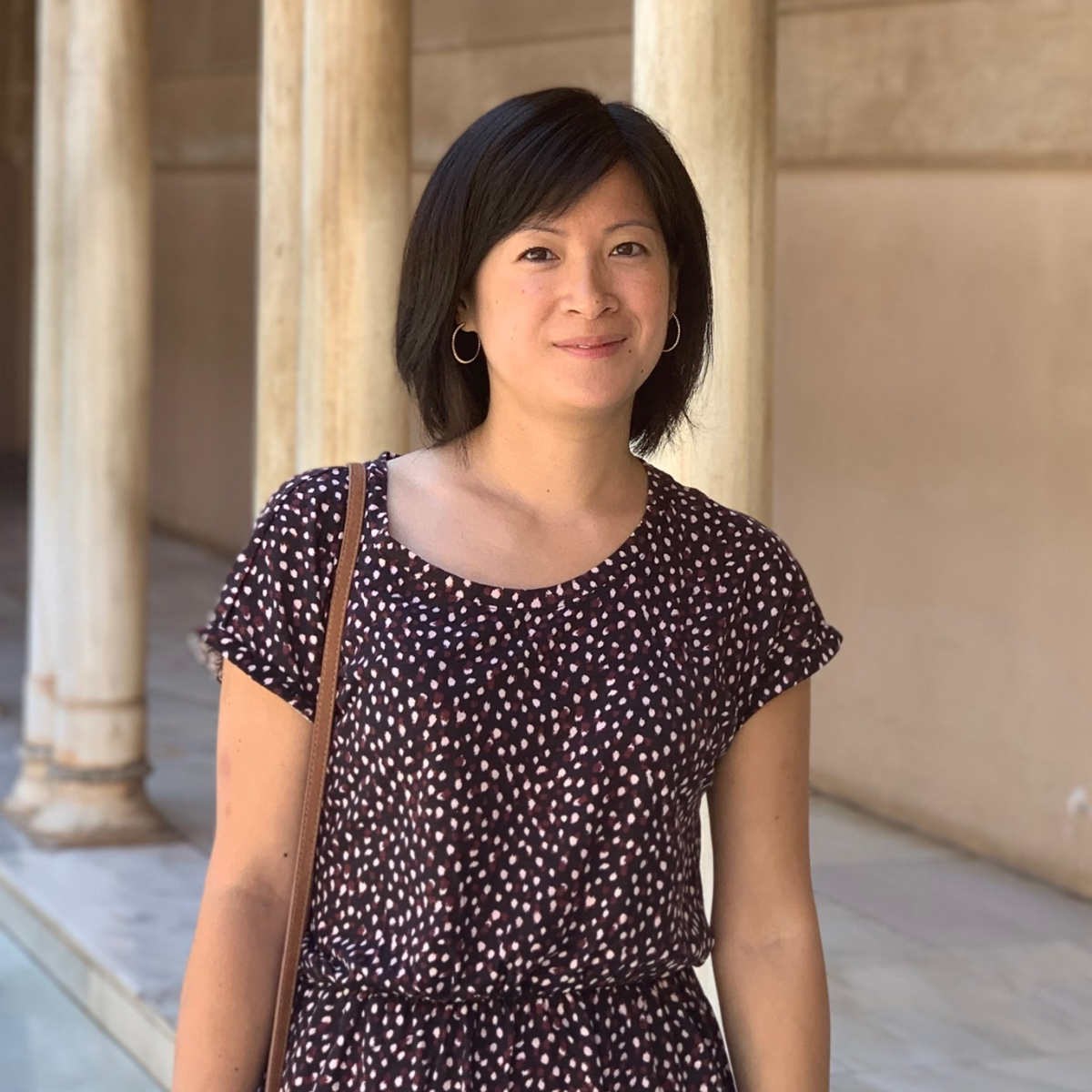
Pauline Tang | Project Manager at Novelis
Question 1: What did you want to do when you were a child and what do you do now?
When I was little, I wanted to become an ophthalmologist, but I eventually chose to pursue a career in digital technology as a project manager.
Question 2: What difficulties did you encounter to get where you are today?
The science track in high school! I was bad at math and physics. I still sometimes wonder why I chose that track. The high school years were tough for me because I didn’t know what I wanted to do in life. Fortunately, I discovered web design and development when I was in 10th grade, and that’s how I got into the digital field.
Question 3 : What advice would you give to your younger self to achieve your dreams?
To have confidence in yourself and dare to accept that you can turn a passion into a career, in which I still take pleasure!
Question 4 : Another piece of advice for young girls who hesitate to pursue a career in science?
There are a variety of positions in the scientific/tech field. You won’t be limited to just one position in your career, as you can evolve and have the chance to be in different positions. You never get bored!
If I had advice to give to young women who are hesitant to pursue a career in tech, I would tell them to trust themselves and take the leap! You won’t be limited to just one position in your career as there are many different possibilities in the field.
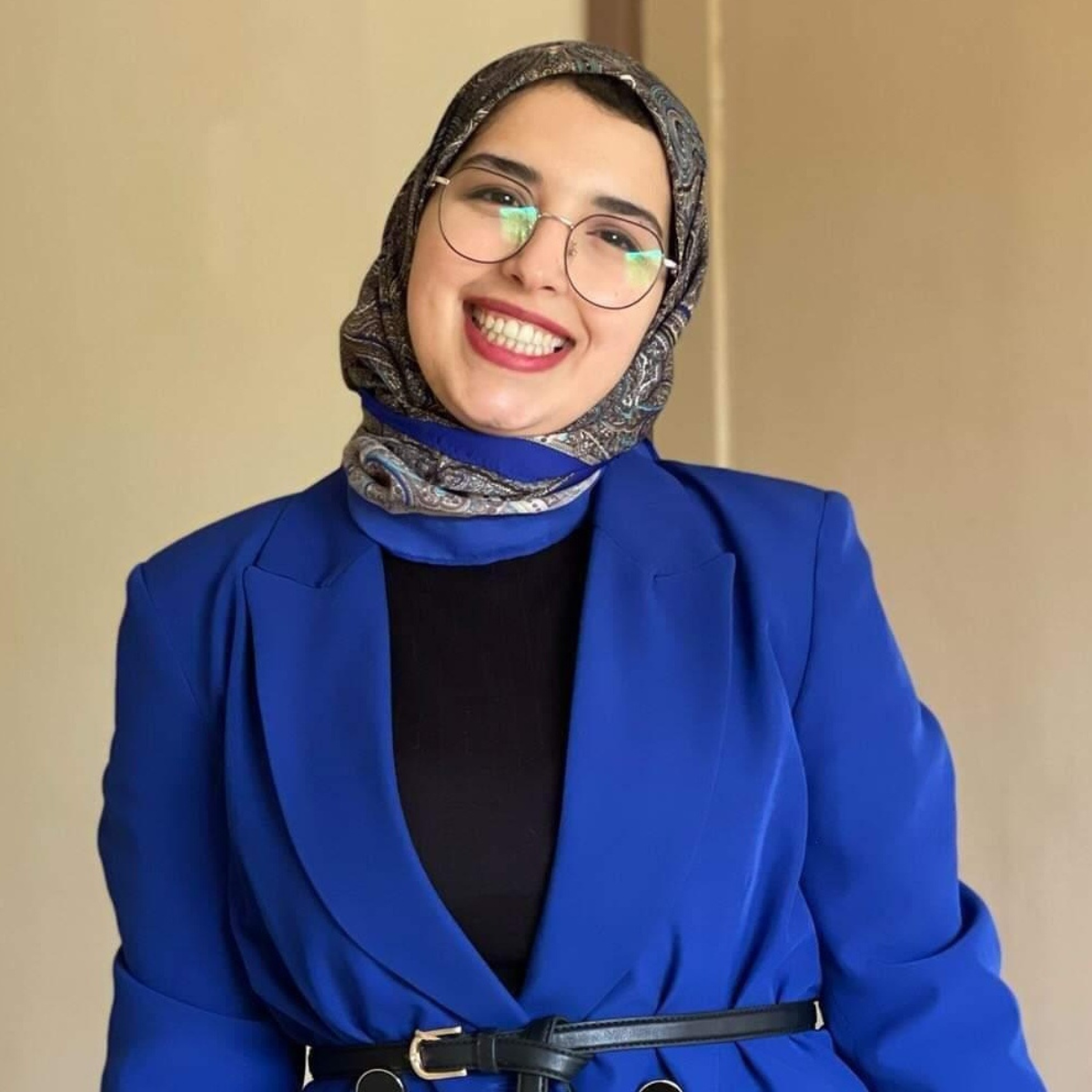
Farah Hajji | QA Testing & Smart Automation Engineer at Novelis
Question 1: What did you want to do when you were a child and what do you do now?
Since my childhood, I have always been drawn to the world of technology and computing. This fascination for computers and how they work has never left me, and I knew very early on that I wanted to work in this field. Today, as a software quality manager, contributing to software quality is exciting, and I am happy to work in a field that perfectly matches my interests and skills.
Question 2: What difficulties did you encounter to get where you are today?
I have encountered several difficulties getting where I am today. First, the field of computer science is often associated with men, and I have sometimes felt that I do not fit the stereotype of a person working in computer science. In addition, I have had difficulty finding mentors and guides to help me navigate in this field. Currently, thanks to technological monitoring, knowledge is accessible to everyone, so it is important to take advantage of this opportunity to stay up to date and develop skills.
Question 3 : What advice would you give to your younger self to achieve your dreams?
If I could give advice to my younger self, I would tell her to be proud of her interests and passions. I would also tell her not to be afraid to take risks and try new things. Scientific and technical fields can seem intimidating, but with practice and perseverance, one can learn a lot and succeed. Finally, I would tell her not to give up on her dreams, even if it may seem difficult at times.
Question 4 : Another piece of advice for young girls who hesitate to pursue a career in science?
My advice would be to not hesitate to pursue a career in science or technology. Girls have just as much potential as boys in these fields, and it’s important to not let gender stereotypes or biases discourage you. Finding mentors and supportive communities to help navigate these fields is important, and don’t be afraid to ask for help and advice along the way. Lastly, I would tell young girls to have confidence in themselves and to persevere, because with hard work and determination, they can succeed in any career they choose.
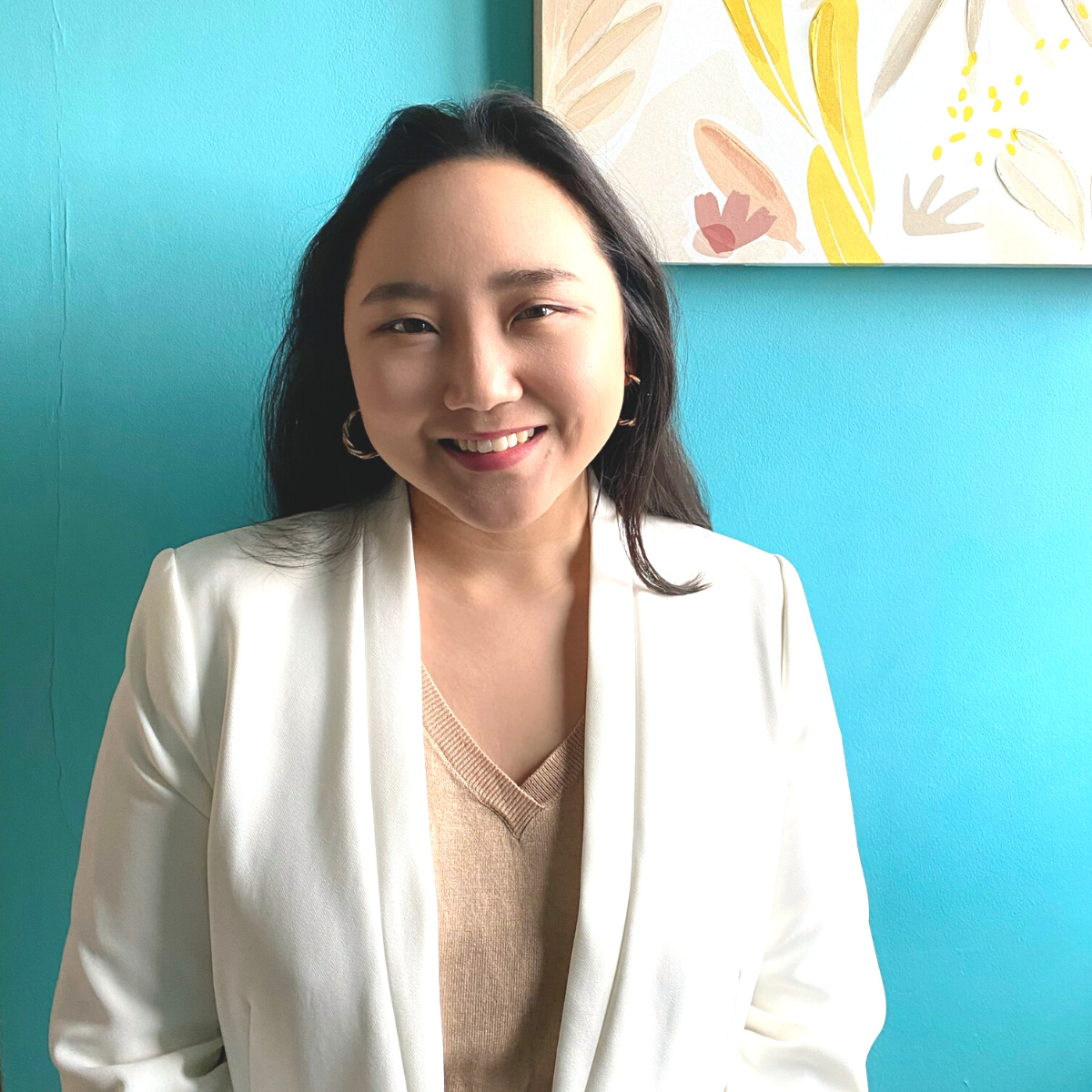
Yan Luo | Account Executive at Novelis
Question 1: What did you want to do when you were a child and what do you do now?
I dreamed of being a singer because I loved to sing when I was a little girl. Now I am working in the sales team in an innovative company for consulting and technologies. I enjoy being part of “Novelians” who wants to impact the tech world.
Question 2: What difficulties did you encounter to get where you are today?
I loved singing, but it was a hobby. I listened to my recording, and it sounds horrible. That’s when I realized that being a singer couldn’t be a career path for me if no one wanted to get hurt.
Question 3 : What advice would you give to your younger self to achieve your dreams?
Be confident, brave and persistent if your dream means a lot to you. There could be distraction and noise around, don’t be afraid to be different. Focusing on the present and working hard for it.
Question 4 : Another piece of advice for young girls who hesitate to pursue a career in science?
I’m proud of myself for joining Tech, I discovered a whole new world. For young girls who are hesitating, my suggestion is if it interests you, Try it. Any action is often better than no action, life is all about experiencing.
